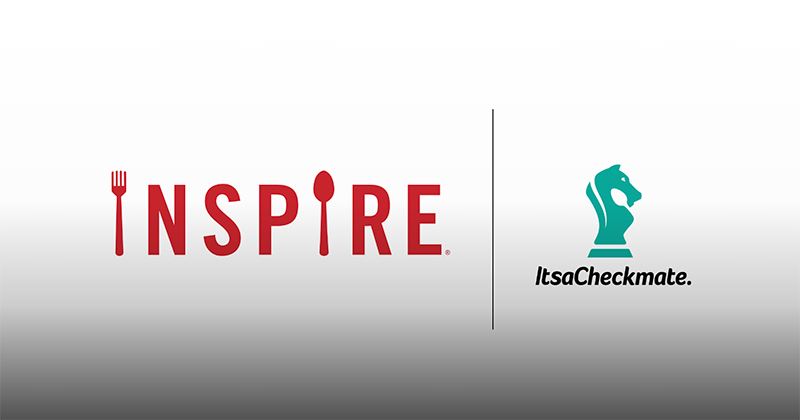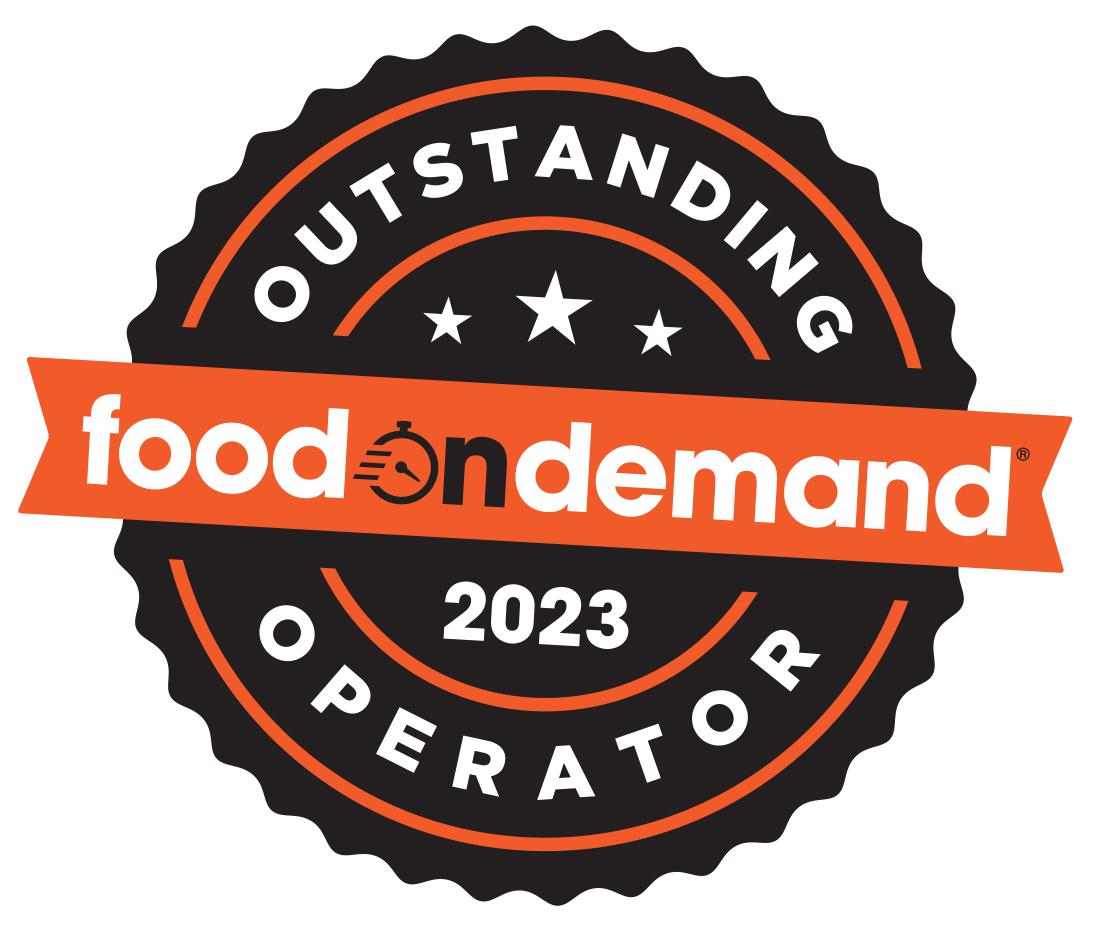Inspire Brands, the parent company of Arby’s, Sonic, Buffalo Wild Wings, Jimmy John’s and Rusty Taco, has signed an agreement with ItsaCheckmate, and also invested an undisclosed sum in the fast-growing, New York-based delivery integration software platform. This news came as Checkmate announced its latest fundraising haul, an $8 million Series B with four participating partners.
While that seven-figure stack of cash would normally be the headline, the more consequential news is that one of the largest restaurant operators in the U.S. is putting its money where its mouth is to create a better, more seamless ecosystem for off-premises orders, while also getting a seat at the table to help Checkmate grow its own footprint.
Inspire’s investment was part of a package of investors including Tiger Global, Kitchen Fund and Continental Grain Company.

Vishal Agarwal
We virtually sat down with ItsaCheckmate Founder and CEO Vishal Agarwal for his view of the future of delivery, and how Inspire Brands’ feedback, assistance and investment will change the New York-based delivery integration provider.
“The expanse of this particular deal is not just in terms of what they bring to the table now, but the way that brand is structured,” said Agarwal. “The way they operate and are structured with clarity, you know, operating multiple brands under the same roof is not easy, so I think for us there’s going to be a lot of learning.”
Already live with more than 1,100 locations within the Inspire System, a new pilot test will add thousands more Buffalo Wild Wings and Sonic locations onto the Checkmate platform, which will more than double its restaurant footprint in the U.S. Prior to the deal, Five Guys was the largest restaurant brand using Checkmate’s solution.
“The adoption of digital channels in the restaurant industry has rapidly accelerated over the past few months, and we see consumer demand for online ordering only continuing to grow. ItsaCheckmate is an industry leading solution to seamlessly integrate multiple online ordering platforms, expand guest access to our restaurants, while decreasing complexity for team members,” said Paul Brown, co-founder and CEO of Inspire Brands.
Reflecting back on “those amazing times” when we could travel and meet people in person, Agarwal said the Inspire deal came as the company was already in the process of fundraising its latest round. He called the deal “as strategic as it gets,” since Inspire will take part in Checkmate growing its business, beyond just getting up and running inside its enormous stable of franchised restaurants.
“We’ve been working very closely with the Inspire team over the last six months to iron out a contract and get this done,” he said, adding that he sees two aspects to the deal. One, as he explained it, is deploying its solution across the Inspire stable, but also the potential for growth at Checkmate as more enterprise-scale restaurants look for delivery integration that takes the human element out of the equation.
Beyond streamlining labor, one of the latest frontiers of delivery integration at Checkmate includes properly timing back-of-the-house cook times with the exact location of delivery drivers, so food is being finished precisely when drivers are walking into the store to pick up the order.
“Now everybody benefits,” Agarwal added with enthusiasm. “The restaurant does not have the driver standing in the restaurant, the drivers are able to deliver more food so they can earn more, the customer gets their food fast and hot, so the entire system becomes a well-oiled machine, which is taking into consideration the real life logistics of delivery.”
With two or three new products currently under development, Agarwal said getting Inspire’s feedback, both as an investor and a client, will help the company meet the exact demands of its existing and potential clients.
Asked if this deal had the potential to go south, in the spirit of the Yum Brands and Grubhub failed partnership, Agarwal said Inspire isn’t getting a board seat, and added that there will be no exclusivity boundaries for his company to obey going forward.
“Some of the deals you mentioned were fraught with landmines from the get-go because there was an inherent conflict that was going to come up,” he said. “They would want us to grow, they can help us do the product right, so what’s the downside?”




